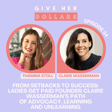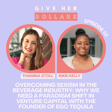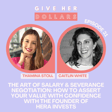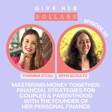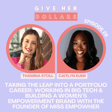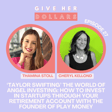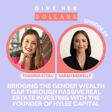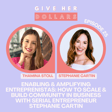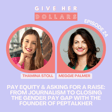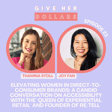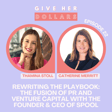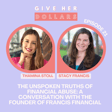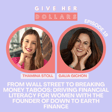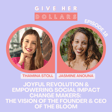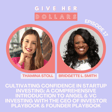
Inclusivity & Accessibility by Design: From Corporate Struggles to Entrepreneurial Triumph with the Founder of Her Workplace
Update: I recently launched my newsletter, The Sheconomist, and would love for you to subscribe: sheconomist.com - I share so many tools and resources that help young, high-achieving women with radical money and career self-advocacy.
----
This week, we delve into the inspiring journey of Marilynn Joyner, the Founder and CEO of Her Workplace.
We explore Marilynn's journey from navigating the male-dominated commercial real estate industry to founding her own haven, Her Workplace. Lacking resources, mentorship, and networking opportunities herself as she was climbing the corporate ladder, Marilynn identified a profound need for a supportive community tailored to the unique challenges women face in their careers.
Marilynn crafted Her Workplace with three core principles in mind: accessibility, affordability, and inclusivity. By leveraging innovative commercial real estate deal structures and embracing technology, she ensures that Her Workplace remains accessible to all, regardless of background or career stage.
Marilynn's commitment to affordability sets Her Workplace apart, offering membership tiers tailored to accommodate women at every stage of their professional journey. She shares candid insights into the realities of building a startup from the ground up. Rejecting the traditional VC route, Marilyn embraces scrappiness and resilience, charting her own path towards sustainable growth and success.
